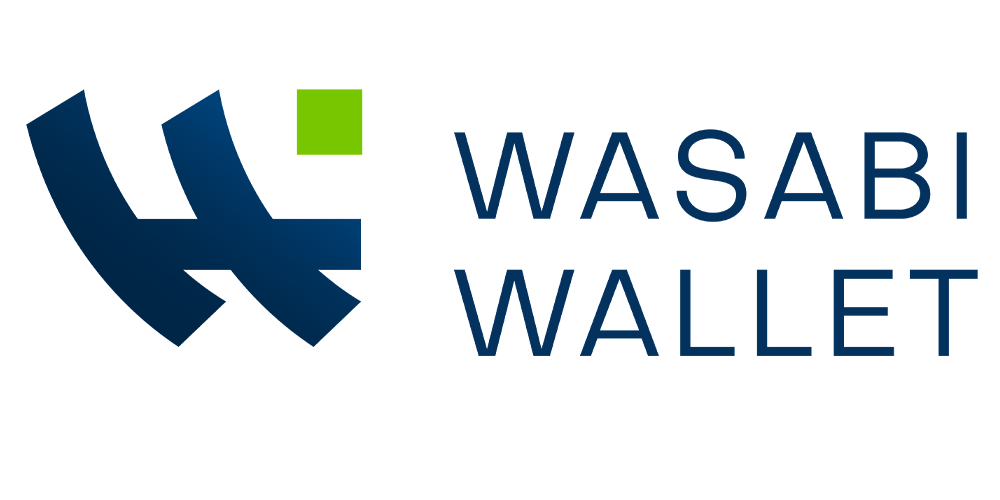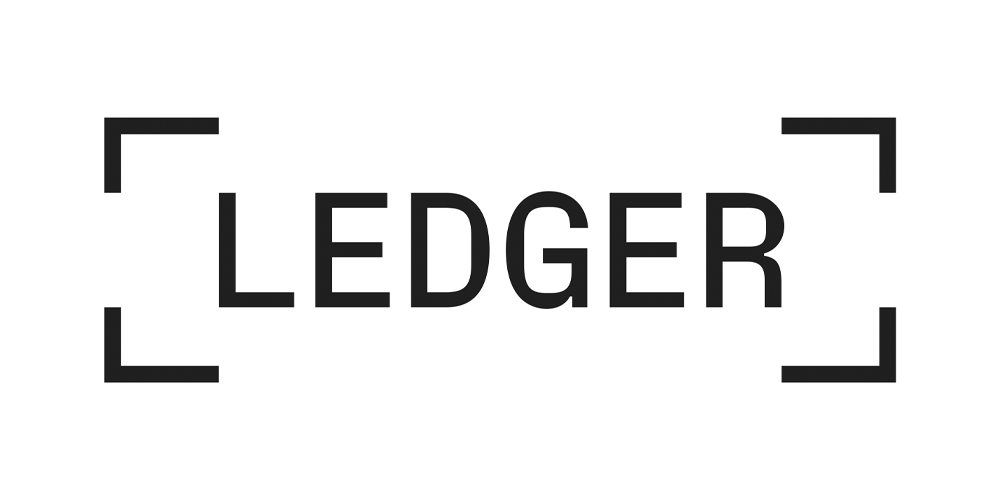Bitcoin in Africa with Femi Longe
Where to find the show
Download Episode MP3 File
The file will open in a new window. Click down arrow to download the file.
“I think the rest of the Bitcoin world needs to be humble and be open to learn…there’s always this feeling: ‘let’s go help the Africans, let’s go teach the Africans,’ when sometimes, just shut up, and listen.”
SHOW DESCRIPTION
Femi Longe is program director for Btrust Builders, which educates developers in Africa about Bitcoin. In this interview, we discuss societal issues faced by people in different parts of the world, the economic imperialism hampering emerging economies, and the challenges Africans face in accessing the global financial system. We also talk about the impact of external powers on Africa and the potential of Bitcoin to change the global financial conversation.
- - - -
Femi Longe has extensive experience in promoting transformative innovation across Africa to drive social change. It was perhaps inevitable that he would end up working within the Bitcoin ecosystem. Currently, through his work for Btrust Builders, Femi is helping to build a critical mass of Bitcoin and Lightning engineers from the Global South starting with Africa.
This podcast explores how the global system is designed in a way that prevents emerging economies from thriving. The conversation shines a light on the damaging effects of economic imperialism upon the Global South, best expressed in Alex Gladstein's work. External powers, such as the World Bank and IMF, often prioritise their interests over the well-being of African people.
Femi and I also discussed the numerous practical challenges faced by Africans in accessing global commerce. Companies like Western Union and MoneyGram take a significant cut from remittance transactions (with the US government even requesting information on transactions from these platforms), and there are significant limitations placed on Africans trying to access financial services such as PayPal across borders.
Africa’s problems are compounded by the influence of outside powers: the historical fragmentation of Africa by European powers has made it difficult for African countries to come together and collaborate effectively; latterly, international aid to Africa has distorted local markets and influenced government spending, often to benefit Western businesses at the expense of African countries.
Femi sees Bitcoin as an opportunity for Africans to change the conversation and have a stake in the global financial system, as it cannot be controlled by external powers. He aims to empower Africans to engage with Bitcoin as producers, rather than just consumers, by training developers and connecting them to open-source projects. That way Bitcoin can be integrated into real-life scenarios that are important to people.
TIMESTAMPS
Coming Soon…
SUPPORT THE SHOW
If you enjoy The What Bitcoin Did Podcast you can help support the show by doing the following:
Become a Patron and join our Discord to get access to shows early or help contribute
Make a tip:
Subscribe on iTunes | Spotify | Stitcher | SoundCloud | YouTube | TuneIn | RSS Feed
Leave a review on iTunes
Share the show and episodes with your friends and family
Subscribe to the newsletter on my website
Follow me on Twitter Personal | Twitter Podcast | Instagram | Medium | YouTube
If you are interested in sponsoring the show, you can read more about that here or please feel free to drop me an email to discuss options.
SPONSORS
SHOW NOTES
Connect with Femi:
On Twitter
Mentioned in the interview:
Hidden Repression: How the IMF and World Bank Sell Exploitation as Development - Alex Gladstein
Dead Aid: Why Aid Is Not Working and How There Is a Better Way for Africa - Dambisa Moyo
Other Relevant WBD Podcasts:
WBD675: Powering Africa with Bitcoin Mining with Erik Hersman & Marshall Long
WBD674: Can Bitcoin Fix the IMF & World Bank with Alex Gladstein & Natalie Smolenski
WBD587: How the IMF & World Bank Exploit Poor Countries with Alex Gladstein
WBD607: How Bitcoin Can Expand the Grid in Africa with Erik Hersman
WBD194: Bitcoin Around the World - Venezuela: Bitcoin Won’t Fix Venezuela with Javier Bastardo
WBD423: Emancipation From Financial Patriarchy with Anita Posch
WBD217: Bitcoin World #8: Bitcoin in Zimbabwe with Anita Posch












